The Mercosur-EU free trade agreement, as if the climate were not an emergency...
- Once again, the agreement that the European Union and Mercosur – Argentina, Brazil, Paraguay and Uruguay – would like to conclude since 1999 is on the table. The signing of this agreement would be an approach contrary to the ecological transition, and once again the opposite movement is being organised by citizens, collectives and states. The EU and Mercosur want to vote on the text as soon as possible and can adapt the voting procedure for this: instead of voting all states, it would be enough for the European Parliament.

The European Union and Mercosur, trade organisations that bring together Argentina, Brazil, Paraguay and Uruguay, want to ratify and sign the free trade agreement that has been put on the table in 1999. Following a continuing breakdown of negotiations (2004, 2012 and 2020) and a new decision-making (2010, 2016), the dialogue between the two blocs is once again one of the issues to be addressed. Two are the main reasons presented. On the one hand, in Brazil, with the seat of President of Jair Bolsonaro, Luiz Inacio da Silva Lulak, negotiations can be reoriented by ensuring "democracy". On the other hand, the wars between Russia and Ukraine are the result of market imbalances, which makes it necessary to facilitate supply by other means.
We cannot deny that since 1999 the world has changed and that free and ultra-liberal international trade has taught us its limitations. Twenty-five years later, the world has changed. The problem of the climate emergency has become undeniable and indeed both sides are committed to reducing greenhouse gas emissions. We have also known the pandemic that has been deployed internationally by COVID-19 and have quickly felt the risks and dependencies of organized global trade.
“It is an agreement based on an obsolete paradigm that puts the crop benefits in proportion to any other merchandise”
Via campesina
But whoever doesn't want to see it doesn't see it. "We are in an agreement of the last century: we are absurd in trade, to the detriment of the environment and human rights," explains Mathilde Dupre, co-director of the Institute of Veblen. The agreement entails the elimination of more than 90% of customs taxes between the two areas, benefiting mainly the European automotive, chemical and pharmaceutical sectors and the Argentine, Brazilian, Paraguayan and Uruguayan agroindustry. With its signature, the most important free trade agreement approved by the European Union is 780 million Hungarian citizens and an import and export range of EUR 40.000-45,000 million.
Economic and social damage would depend. In fact, one of the functions of customs duties is the protection of own productions, and therefore of workers, in order to avoid unfair competition, since the increase in the price of tariffs may make consumption more interesting.
The agreement
means the elimination of more than 90% of customs duties, mainly in favour of the European car, chemical and pharmaceutical industries.
As could not be otherwise, the increase in trade would have an impact on the climate and would further reduce the hope of complying with the Paris Convention – let us remember that, according to the latest GIEC report, 1.5 degrees of warming can occur by 2030 and, following the usual business logic, we could increase by four or five degrees to 2100. At the request of the French Government, the study on the consequences of Mercosur-EU was published in 2020. The conclusion of this independent research, led by economist Stefan Ambec, is clear: the agreement goes against sustainable development.
The study shows that it would deduct a dramatic increase in deforestation. We would export 53,000 tons more of meat than the current one [2020], we would suppose a deforestation of 3.6 million hectares, a 5% increase in annual deforestation for six years. "The impact would be even more serious, as this figure relates exclusively to deforestation aimed at producing the best cuts in meat imported into the EU. In reality, we will not grow 20% of animals, but whole animals! Thus, it is a figure to consider in terms of cuts: an annual increase of 25% for six years," explains Dupre.
.jpg)
Possibility of importing what is prohibited in Europe
Pesticides banned in the European Union for toxicity could be exported to the Mercosur area, with hardly any customs charges. In other words, instead of banning it, it would further facilitate this absurd alternative that already exists. Without agreement, Brazil is the second world user of pesticides, and the second importer of banned products in Europe. The same applies to growth antibiotics: Europeans are prohibited from using them, but they can be imported into the peoples of Mercosur. In the end, what cannot be used in Europe, from banned pesticides or antibiotics, is exported there, everything you want is used, in the end is imported and consumed here...The question Dupre asks in the opinion text published in Alternatives Economiques is: "How can we channel Europe's ambitions in relation to the agricultural transition and if we have the eyes of production imported from the farm. ".
The first harmed would be farmers, both European and mercosur, since they do not fit into a world market led by agro-industrial potolos. The union Via Campesina has expressed its concern: "This is an agreement based on an obsolete paradigm that puts agricultural benefits in proportion to any other merchandise, going beyond human rights, the climate crisis, biodiversity, food sovereignty and the right to fair income".
“As for the cuts, the figure to be taken into account is the 25% annual increase during the first
six years of the
agreement” Instituto Veblen
Europe is trying to survive Beto's right
So, dozens of structures are reactivating the opposite movement. On 10 May, 170 international actors published a joint text calling for a new model of agreement based on solidarity, equality, cooperation, sustainability and democracy. Recognizing the colonialist past of Europe in the peoples of Mercosur, they call for "actively decolonizing relations".
In order not to hinder the divergence expressed by the citizens and by some states, the European Union is trying to adapt the procedure so far: the division of the political and commercial part of the Convention would be no more than the name of all states in order to accept it. This means that there would be no right of veto… Sweden has the EU presidency and the Spanish state will take the witness in July. Both are the advocates of this agreement.
Following the strategy of green painting the climate agreement, both sides would include environmental and climate objectives in their annexes. But it would be ineffective because the annexes have no executive power.
Public education teachers have the need and the right to update and improve the work agreement that has not been renewed in fifteen years. For this, we should be immersed in a real negotiation, but the reality is deplorable. In a negotiation, the agreement of all parties must be... [+]
Economists love the charts that represent the behaviors of the markets, which are curves. I was struck by the analogy of author Cory Doctorow in the article “The future of Amazon coders is the present of Amazon warehouse workers” on the Pluralistic website. He researches the... [+]
Today’s Venice is built on an archipelago of 118 islands. These islands are connected by 455 bridges. The city is based on mud rather than Lura. Millions of trees in the area were cut down from the 9th century onwards to build piles and cement the city. Years have passed and... [+]
Ukrainaren ondoren Polonia?
Europar Batasunak Ukrainako gerra hauspotu du Kiev armaz hornituta, eta menia oraindik airean delarik, gerraren zikloan murgilduta dago bete-betean. Hori bai, bere diskurtsoa modulatzen ari da, eta gero eta gehiago hitz egiten du balizko su-etenaz... [+]









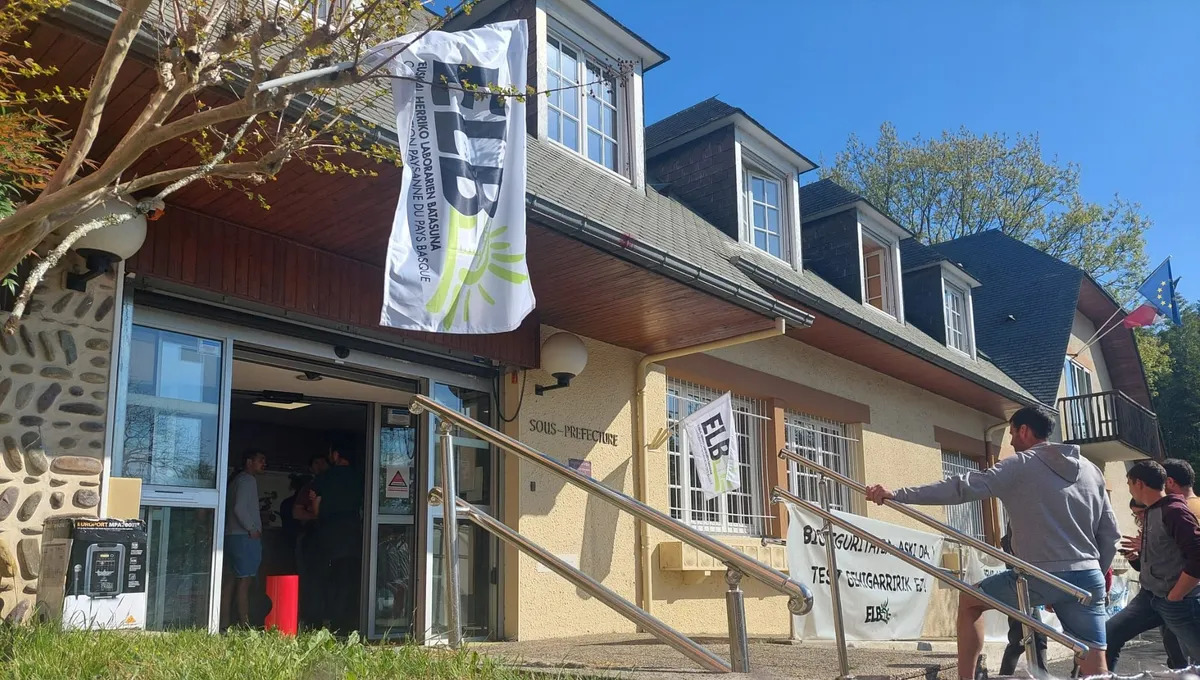

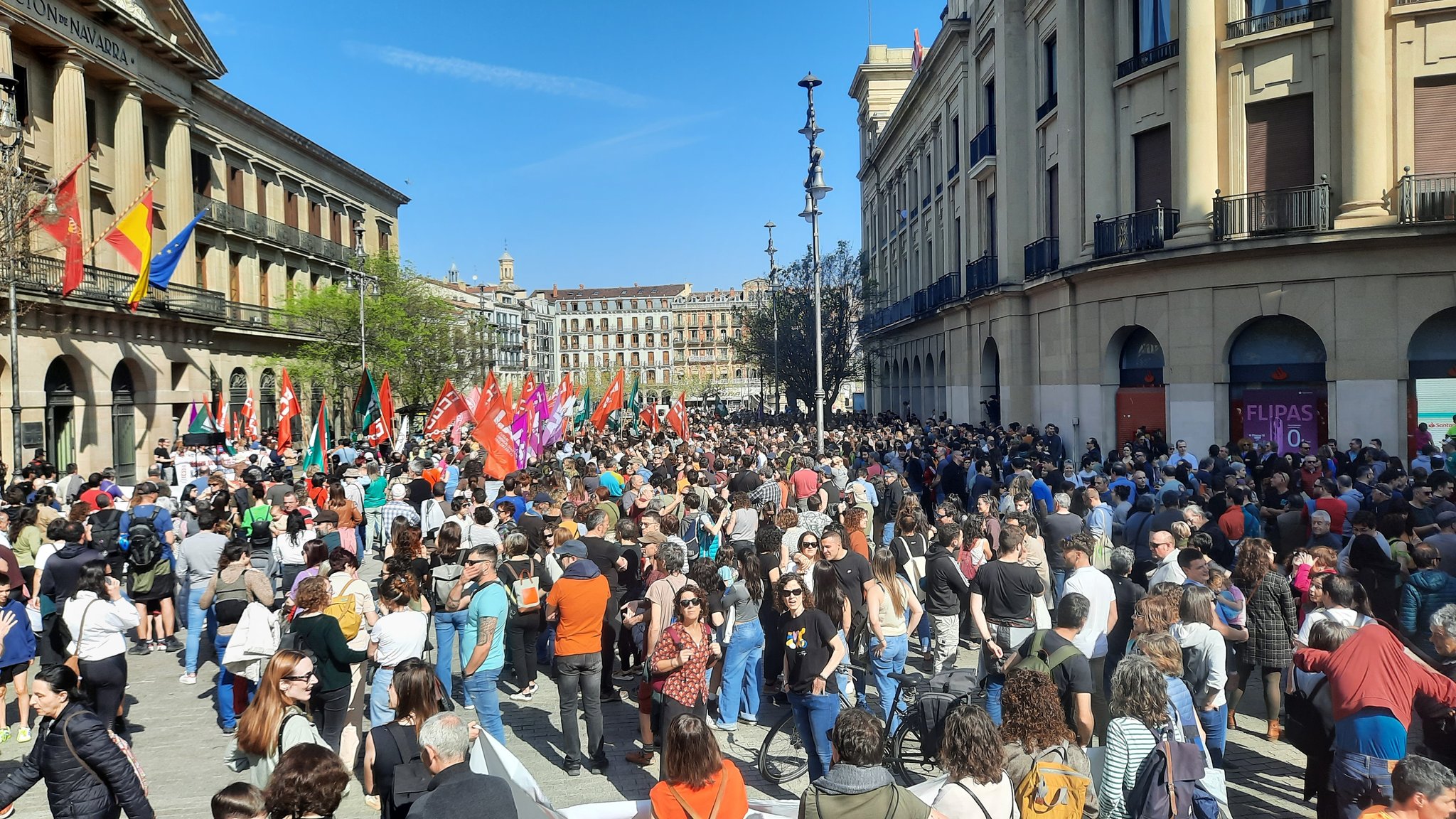





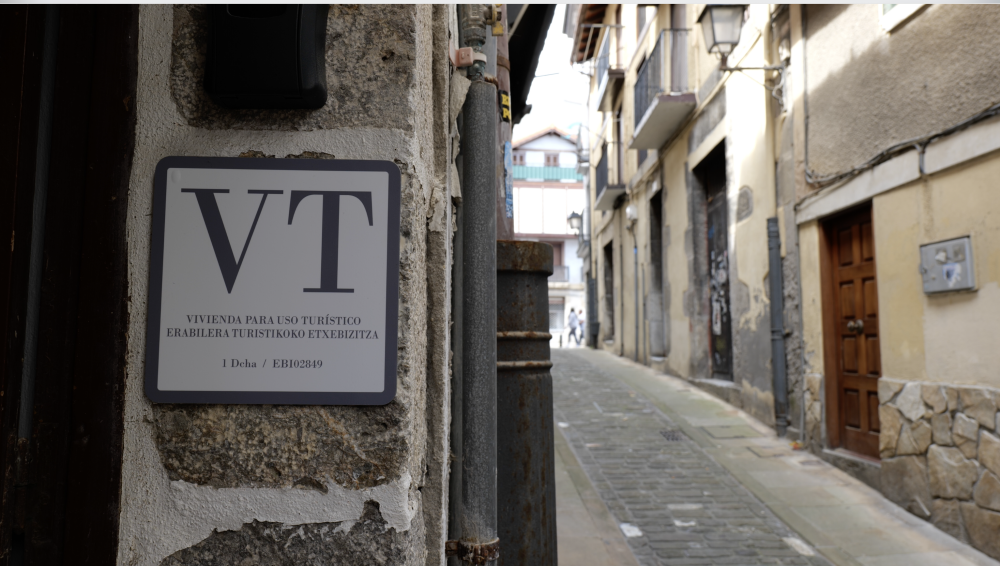
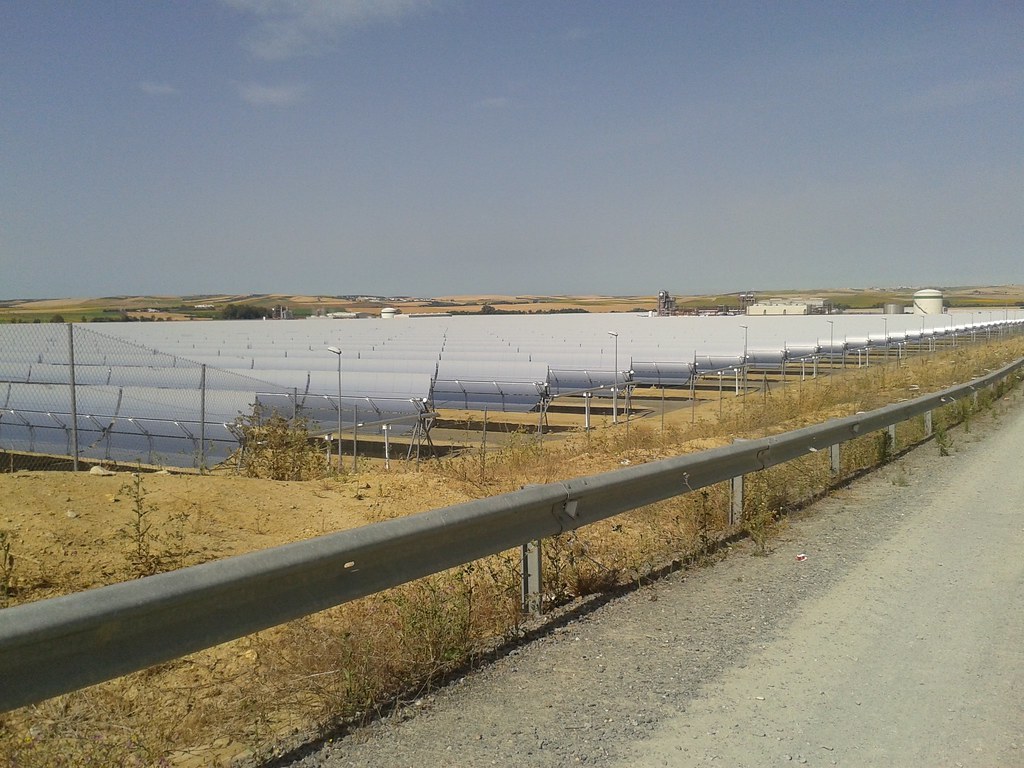

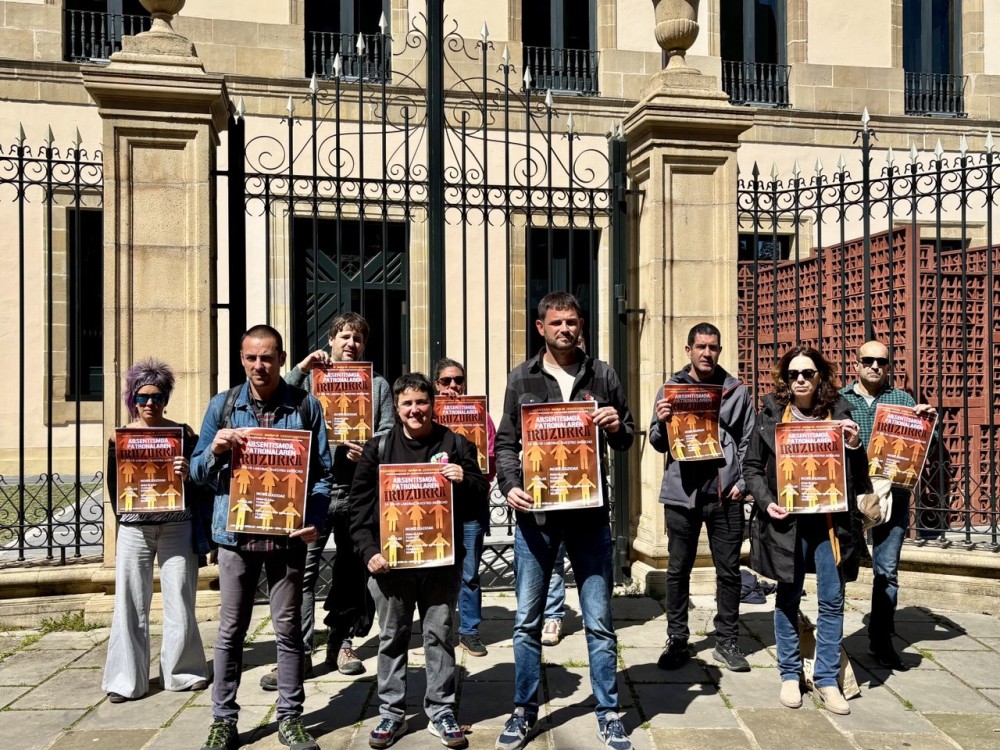
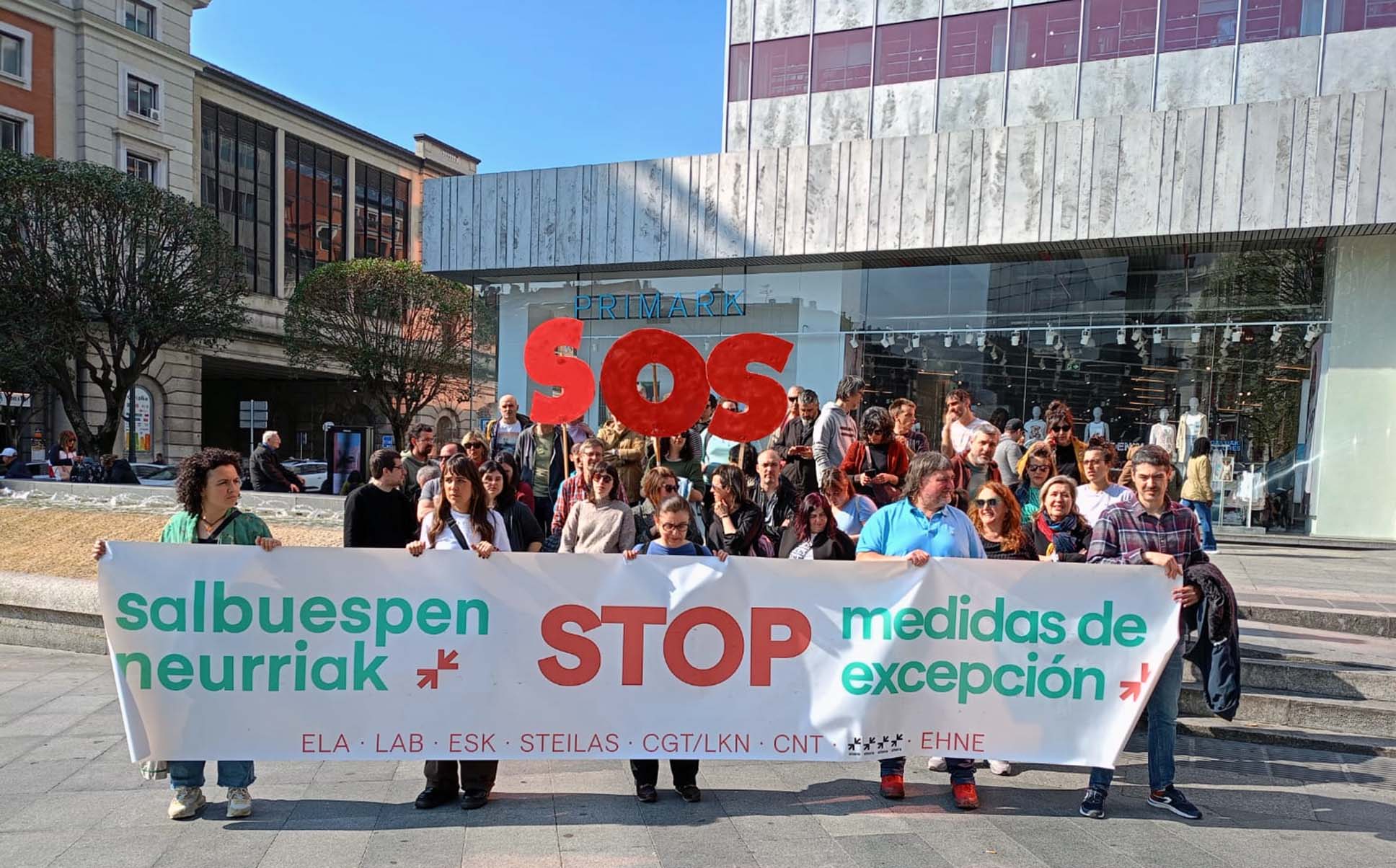
.jpg)